 Gallery
Gallery
Climate change and commercial fishing is putting Earth’s most southern waters – and the planet itself – at risk. UP macro-ecologist Dr Luis Pertierra has joined the global call to better protect the Southern Ocean by banning fishing in Antarctic waters, among other measures.
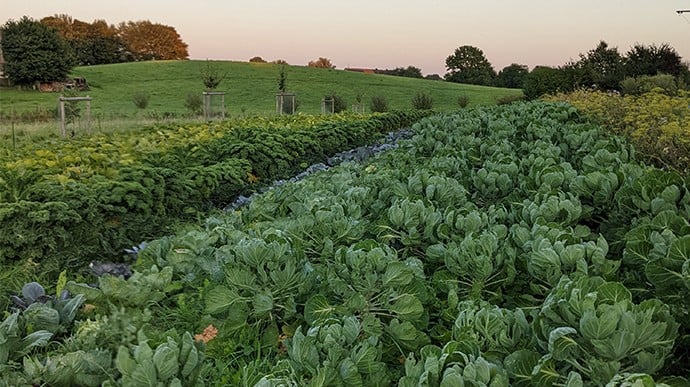 Talking Point
Talking Point
Value addition is a central theme in agriculture. The concept involves adding value at every step, from production to delivery of a product. This creates opportunities for farmers and companies to find competitive advantages. It also has the potential to improve food security and create employment.
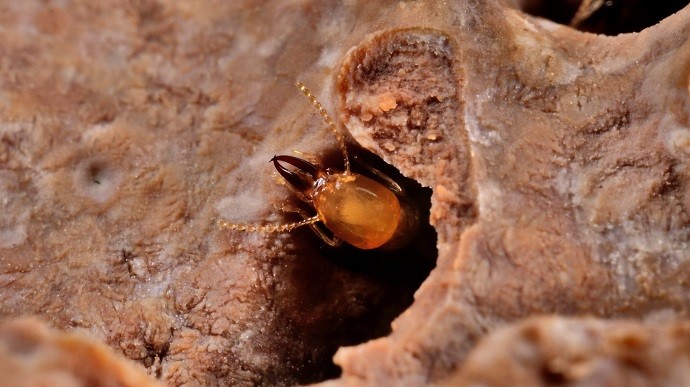 Gallery
Gallery
Through this study, researchers learned that termites are pivotal when it comes to breaking down wood, contributing to the earth’s carbon cycle. They also discovered that termites are significantly sensitive to temperature and rainfall; this means that as temperatures rise, the insect’s role in wood decay will likely expand beyond the tropics.
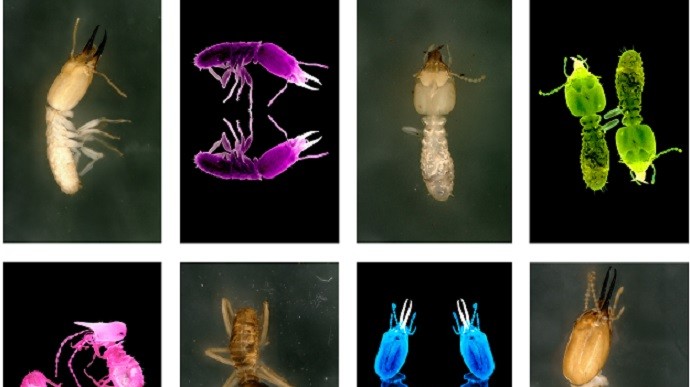 Story
Story
The University of Pretoria (UP) recently participated in an international study led by the University of Miami to investigate termite and microbial wood discovery and decay. Termites release carbon from the wood as methane and carbon dioxide, which are two of the most important greenhouse gases and may increasingly contribute to greenhouse-gas emissions with climate change.
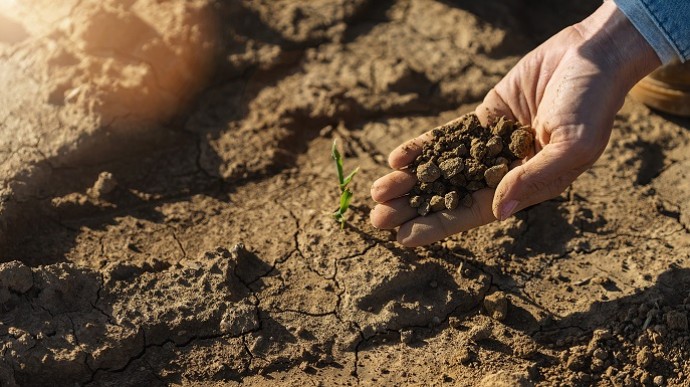 Story
Story
Smallholder farmers are the most in touch with the earth’s changing climate patterns, and they are the most vulnerable to increased temperatures and reduced rainfall.
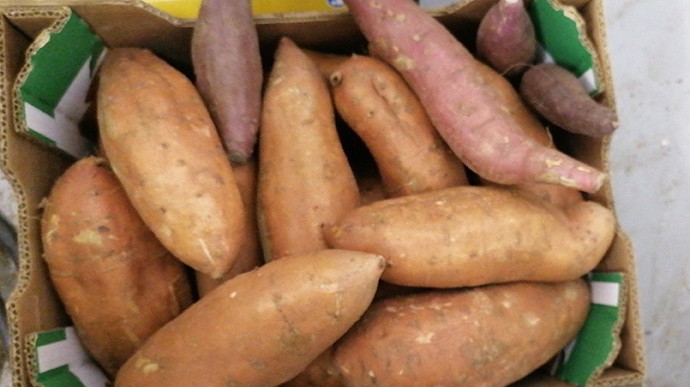 Gallery
Gallery
Orange-fleshed sweet potatoes can be used to address micronutrient deficiencies, but are only available for two to three weeks a year. Researchers at the University of Pretoria are trying to prolong availability of the nutrient benefits by milling it into flour using various drying techniques to see which method preserves the nutrients best.
Copyright © University of Pretoria 2024. All rights reserved.
Get Social With Us
Download the UP Mobile App